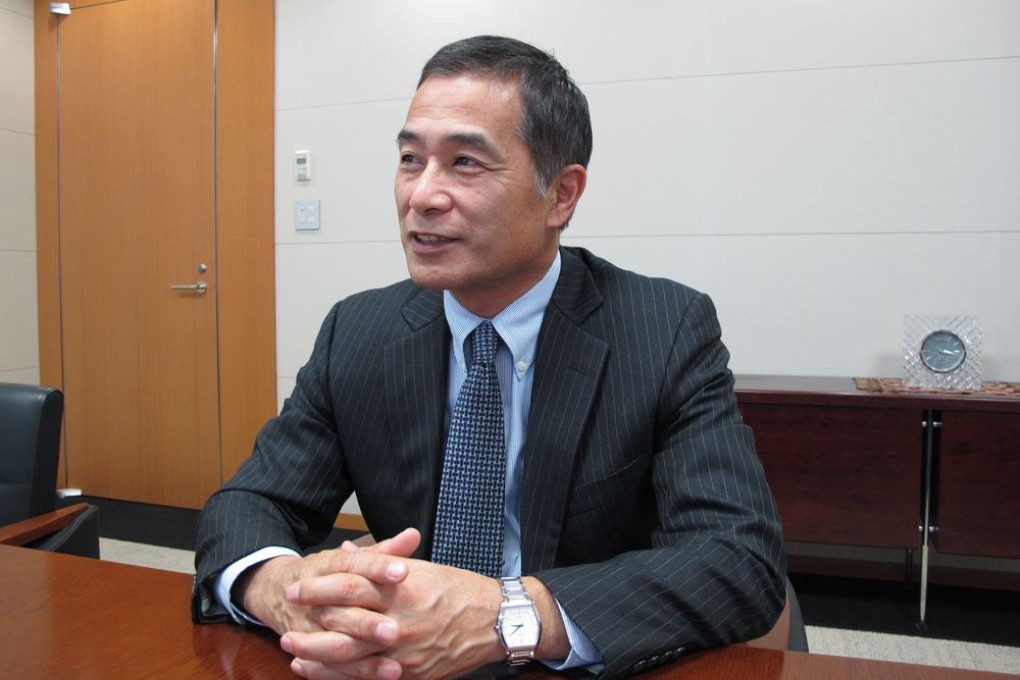Life sciences, car industry evolve with JSR technology
JSR Corporation breaks new ground in the life sciences and car industries with materials innovation that has proven indispensable to modern life.

JSR Corporation breaks new ground in the life sciences and car industries with materials innovation that has proven indispensable to modern life.
The company's technology is revolutionising the detection of infectious diseases such as hepatitis in China. A joint venture in Beijing makes diagnostic reagents readily available to hospitals and clinics throughout China to satisfy increasing demand.
Magnetic beads, another diagnostic reagent derived from JSR's pioneering polymer technology, analyse the DNA structure for health risks or to identify the most effective drugs for existing diseases. An exciting prospect in the life sciences is breakthrough research and development (R&D) on biosensors that can help cancer patients prolong their lives.
"We followed the market evolution," says Nobu Koshiba, JSR president. "There are many similarities in the development and manufacturing processes for semiconductors and pharmaceuticals. For semiconductor manufacturing, we adhere to strict procedure and protocols to tightly control impurity levels because they can affect the performance of final products. The same discipline can be applied in life sciences."
JSR's technology is also transforming the vehicle tyre market. The company is building a huge plant in Thailand for its solution polymerised styrene-butadiene rubber (S-SBR), the raw material for fuel-efficient and high-performance tyres. The plant is close to major tyre manufacturers that are establishing a huge presence there. Thailand will likewise be JSR's base for S-SBR distribution to China and Southeast Asia.
Establishing joint venture partnerships is crucial in this business. "From the standpoint of the butadiene producer, they can capture the value of the raw material and its end-product," Koshiba says. "We bring in the polymer technology, while they pitch in the raw materials. That's where we see a common interest."
This has already happened in Europe, where JSR established a joint venture with MOL Hungarian Oil and Gas for an S-SBR plant in Hungary. Slated for launch in 2017, the plant will serve major tyre manufacturers in Western Europe and fast-rising European markets.
Sales of eco-friendly tyres are booming in Europe because they are cost-effective in lowering the exhaust emissions of passenger cars. European environmental regulation requires manufacturers to limit carbon dioxide emissions from passenger cars to 130 grams per kilometre. Through superior gripping power and rolling resistance, the tyres help cut fuel consumption by about 15 per cent and exhaust emission to 120 grams per kilometre.
Supercapacitors, traditionally used in uninterruptible power supply devices, can be modified for the car industry to boost the performance of heavy buses, trucks and construction machines, and eventually passenger cars. To tap into this opportunity, JSR is expanding its capacity for lithium-ion capacitors through subsidiary JM Energy by building a new plant in Yamanashi, Japan.
"We cover a large spectrum of technologies," Koshiba says. "Ten per cent of our R&D budget is always dedicated to something new, and 900 of our 5,800 employees are in R&D." This allocation is on top of R&D funds supporting petrochemicals, fine chemicals and strategic businesses.
JSR's net sales this fiscal year hit US$3.8 billion, approaching record levels reached before the global financial crisis. More than 50 per cent of the company's sales are coming from overseas, with non-Japanese employees comprising more than 20 per cent of JSR staff.
Core business areas, such as petrochemical products, semiconductor materials and flat panel display materials, will propel the company's progress. In the highly competitive semiconductor business, JSR faces a robust future with 22-nanometre chips used in various applications, including high-performance smartphones and tablets. Also, its high-performance LCD materials support a larger screen size with high-resolution display, one of the reasons behind the increasing appeal of high-performance smartphones to the tablet-toting crowd.
"We are a long-term player, so we go for sustainable growth and resilience to any changes," Koshiba says.
www.jsr.co.jp